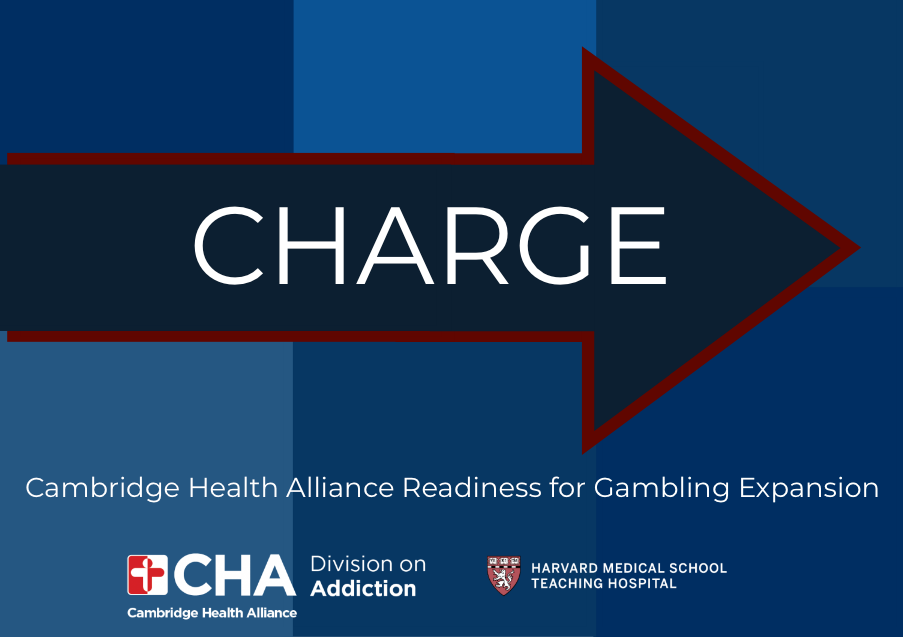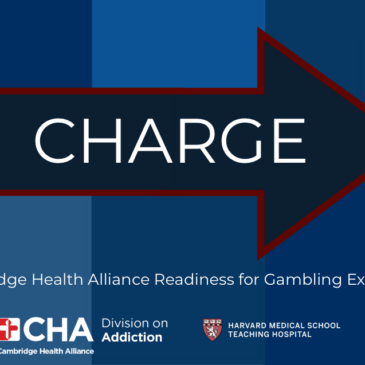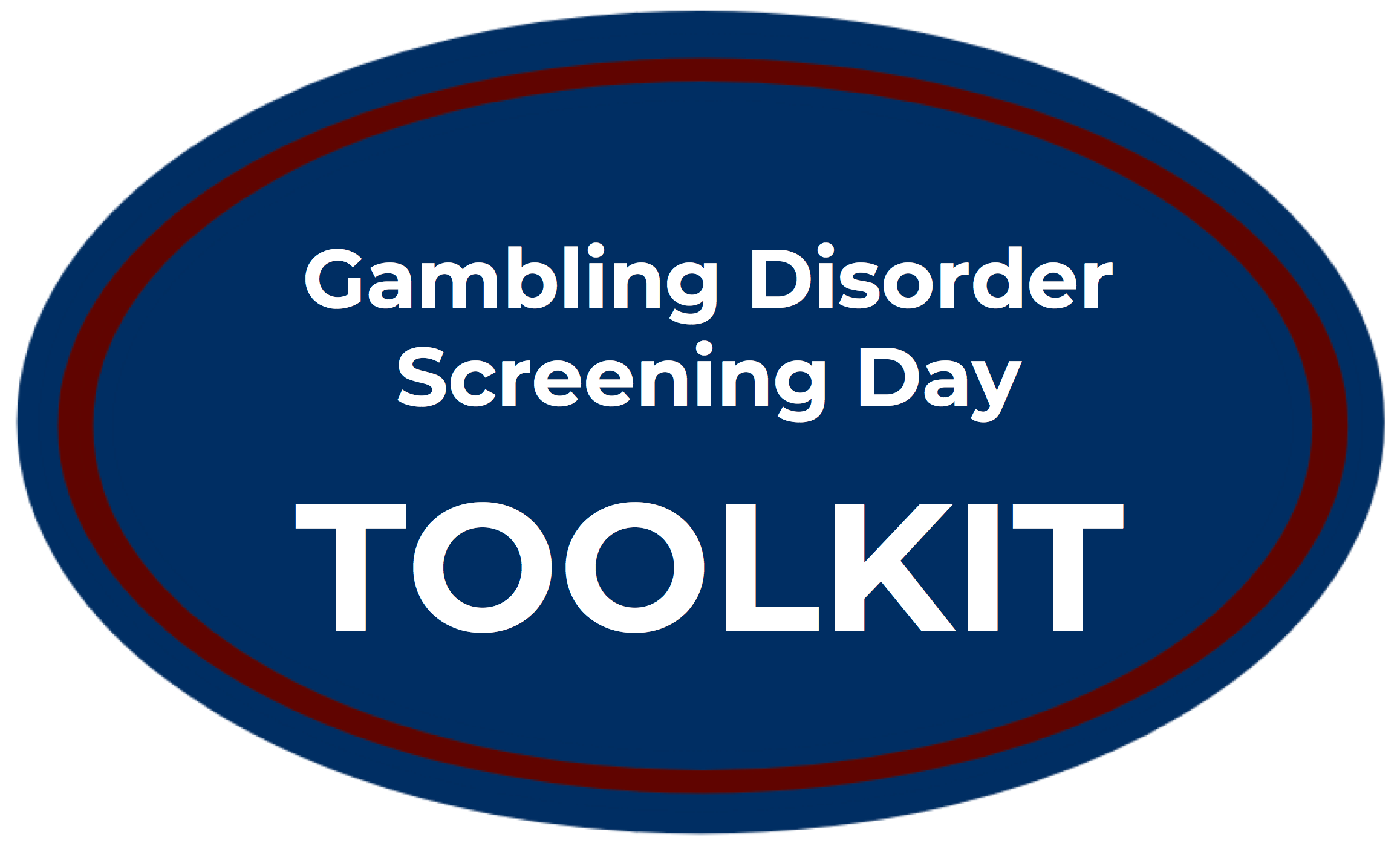Five years ago, the Division on Addiction promoted its first annual Gambling Disorder Screening Day. We conceived of this program as a part of our CHARGE initiative, which seeks to prepare key stakeholders for gambling expansion. We promote the idea and the event through the BASIS and grass roots channels. We were pleased and surprised with the enthusiastic responses we received from key stakeholders near and far. People and organizations from our hometown of Boston to Hong Kong have participated in Gambling Disorder Screening Day by providing promotional support, recruiting others to host screenings, and hosting screening events themselves. Each year, more organizations support Gambling Disorder Screening Day, and we are grateful for their involvement. It’s hard to believe that this event is turning five, but we are so pleased that so many have embraced its importance.

This year, we have declared March 13th to be Gambling Disorder Screening Day. To support individuals and organizations who would like to host screening events, we have expanded our Gambling Disorder Screening Day toolkit. This year, visitors to our website can use the following free resources:
- A toolkit instructional video
- Brief articles describing:
- Gambling Disorder
- The importance of screening for Gambling Disorder
- The psychometrics of the Brief Biosocial Gambling Screen
- A print friendly version of the Brief Biosocial Gambling Screen, a free 3-item screen for gambling-related problems
- Easy access to an electronic version of the Brief Biosocial Gambling Screen
- A print friendly fillable Gambling Disorder Screening day flyer
- A gambling resources and referral resource
- Your First Step to Change, 2nd Edition
- Easy access to our month-long gambling and addiction special series for 2018
- An optional host data reporting form, for those who wish to report upon their screening experiences
As we have described each year since the inception of Gambling Disorder Screening Day (2014, 2015, 2016, 2017), we believe that increasing screening for gambling-related problems will have beneficial public health effects. Individuals who otherwise might overlook their problems with gambling or for other reasons (e.g., stigma) hide their problems with gambling, might learn about themselves and be better able to seek help or help themselves. Although Gambling Disorder is a low base rate disorder, it frequently co-occurs with other mental health problems, and physical health problems. Therefore, screening in a diversity of settings is likely to increase the identification of such problems among patient populations.
Please spread the word about Gambling Disorder Screening Day 2018! We look forward to your support and your participation this year!
— Debi LaPlante, Director of Research & Academic Affairs, Division on Addiction, Cambridge Health Alliance, a Harvard Medical School teaching hospital





